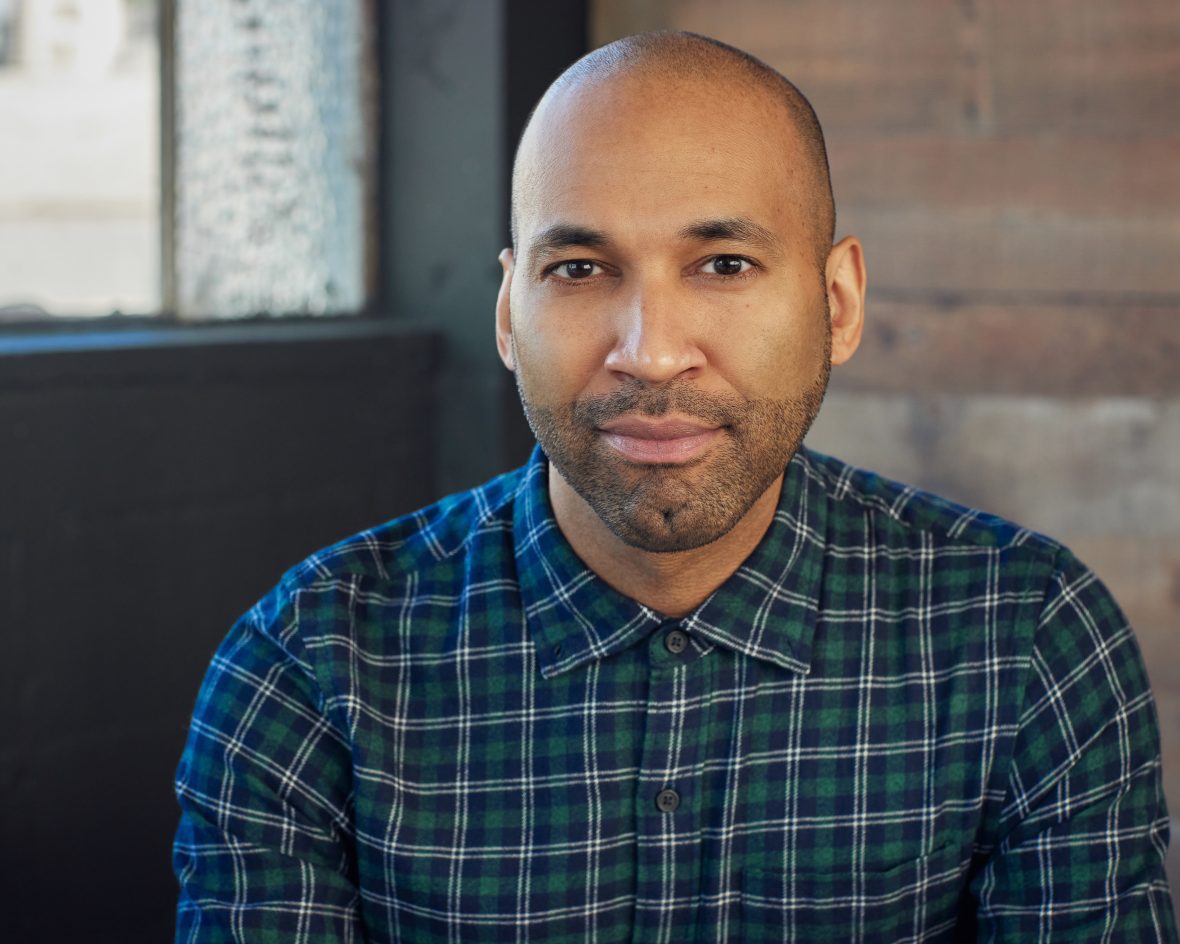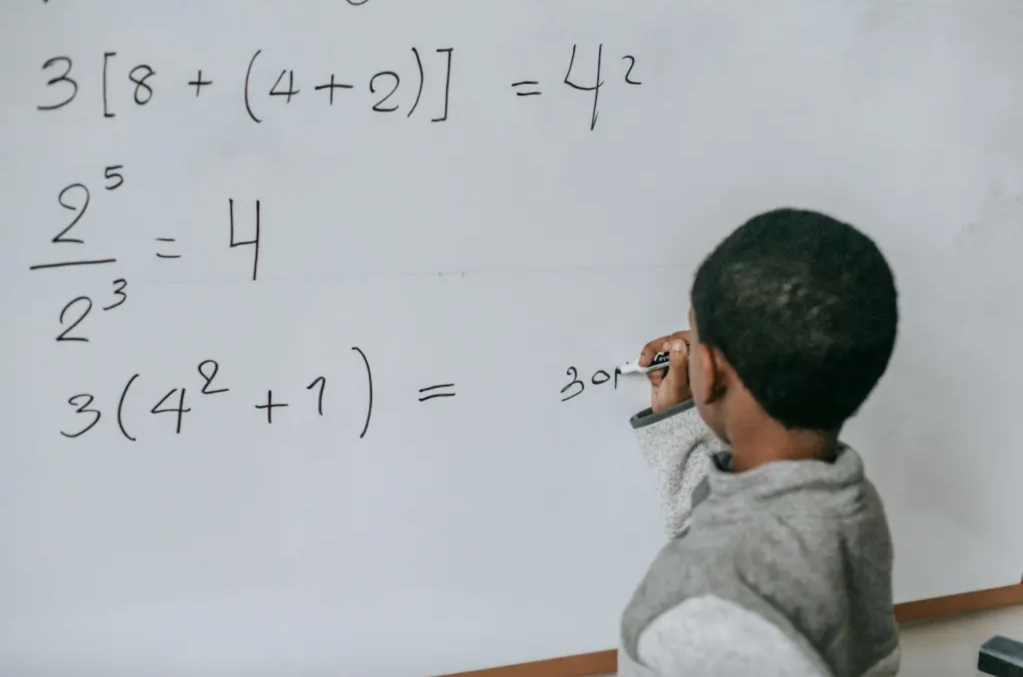Hello, my fellow artists! Welcome to another exciting edition of my weekly blog. As you all know, I have two goals that I am focusing on this year. And each week, I am alternating between the two goals to provide updates that are hopefully inspiring and engaging. This week, we are back to my writing goal for 2024: Finish the 1st draft of the “Third Act” feature film script with Kelly Tighe. Once that’s done, do a table read, get feedback, and complete additional drafts.
On May 9th, 2024, at 12:51pm, Kelly Tighe and I finished the first draft of our feature film script!!!!!!!!!! THE SCRIPT IS COMPLETED! 166 pages! As soon as we finished reading the last scenes we wrote, we asked each other, “Are we done? Did we finish the script?” And once we answered “yes”, we cheered, cried, danced, threw our hands in the air, and looked at each other with pride, joy, and a deep sense of accomplishment. A feature film script! This journey started in September 2019 when Richard pitched a story idea to the PDP 3.0 class. In the middle of 2022, the journey evolved when the group appointed Kelly and me to take over, make sense of everything, find the story to tell, and write a first draft. We devoted the rest of 2022 to making sense of the notes and research, various story ideas, characters, scenes already written by the PDP 3.0 company, etc. We revised the logline to reveal the story we ultimately decided to tell. We revised the central question to support the logline. We revised and cleaned up the entire outline. We removed a few characters and older scenes while keeping and strengthening a few other scenes. In January 2023, we took the bold step to start writing the script. A year and a half later, here we are! Keep reading below 🙂
Kelly texted the group to let them know about the great news. In the meantime, Kelly and I will meet this week to clean up any spelling and grammatical errors, check for any tracking/logic issues, etc. Then, we will meet with the PDP 3.0 group on May 22nd to catch up, celebrate, and plan the next steps, such as registering the script with the WGA, copyrighting the script, and having the group read the script together to generate questions and feedback before we do a table read. Thank you, Richard and PDP 3.0, for entrusting Kelly and me to write this script. We look forward to continuing this journey with you all to the next level of development and, ultimately, the bigger picture of production and distribution. Keep reading below 🙂
I’ll end with this. This past Thursday night, Richard invited acclaimed casting director John Frank Levey to speak to our scene study class. At one point, Richard and John talked about the importance of celebrating our wins (by the way, John loves that we share our wins at the top of the class.) John said, “We have to look for our wins, and we have to celebrate them cause that will give us confidence…” Richard added, “I kind of look at wins like gassing up. Where you put a little gas in your tank because ‘I had this wonderful experience’ or ‘I finished writing this script after five years’…it puts fuel in your tank to keep going.” John then shared a story about a recent talk he had with students from Carnegie Mellon University, and he connected it to our script. He said, “I was trying to encourage them to get the long view (about having a career). Don’t think of it like, ‘I gotta get this done by Wednesday.’ If it took five years to finish your script, you finished it. God bless you!” He and Richard then talked about projects that took a while to get off the ground. The lesson was that it’s about a sustained effort with intention. Keep showing up. The sustained effort now continues into the next chapter of this feature film script journey. Keep reading below 🙂
The End (for now!)











